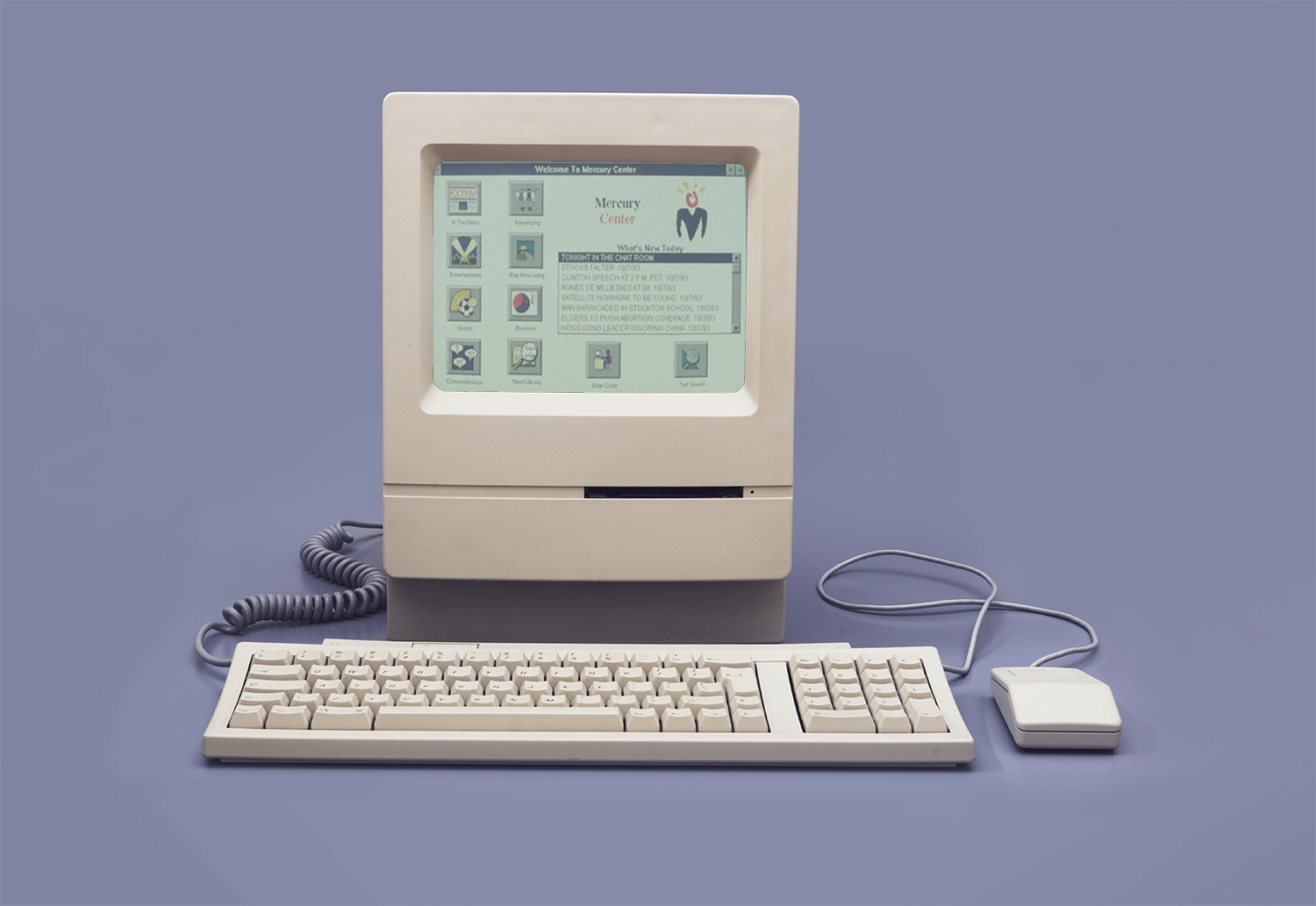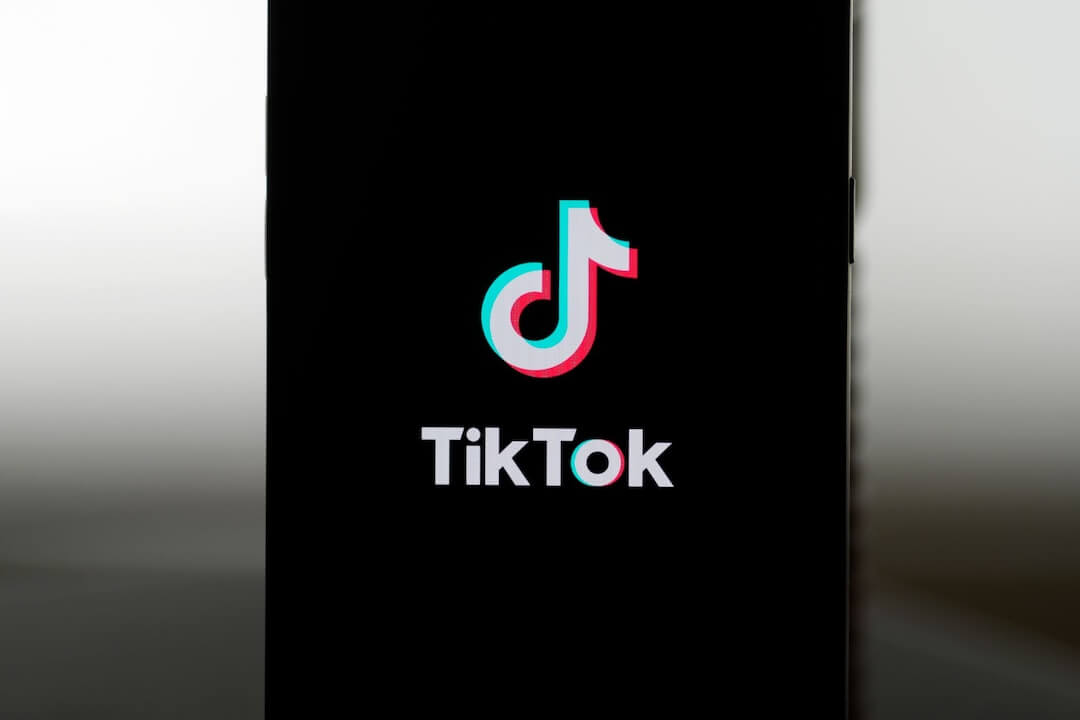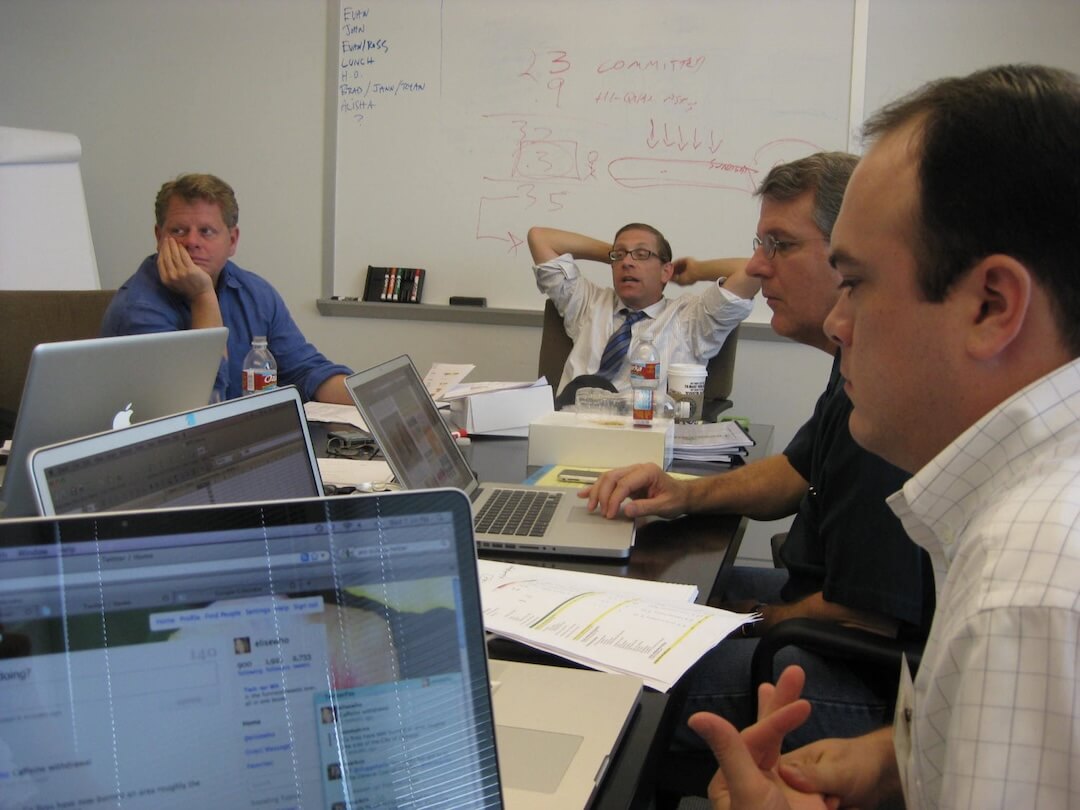NPR earned applause on Sunday when, in the midst of the chaos of the Orlando shooting, it made an unusual admission.
In an unconventional editor’s note at the bottom of a breaking news story, NPR admitted that it — and the rest of the media — sometimes report inaccurate information:
This is a developing story. Some things that get reported by the media will later turn out to be wrong. We will focus on reports from police officials and other authorities, credible news outlets and reporters who are at the scene. We will update as the situation develops.
NPR is not the only outlet that warned its audience about shaky facts. That sentiment was also echoed repeatedly by CNN’s Jake Tapper, who emphasized that “a lot of the early information” from law enforcement sources in the wake of a mass shooting is not ultimately proven correct.
This disclaimer is an odd one for news organizations, which are supposed to be a trusted source for reliable information when big breaking news hits. But might there be some wisdom in telling viewers, readers and listeners what you don’t know? Below is a question-and-answer session with Kelly McBride, vice president of The Poynter Institute and its media ethicist, on whether news organizations should concede they might eventually be proven wrong on a fast-moving news story.
What’s your take on this editor’s note? Should news organizations really be into the business of telling people they might be wrong?
This note is a smart nod that demonstrates NPR is thinking about the audience experience. Given that every breaking news story seems to produce erroneous information, it seems like a certain bet that this one will, too. That will happen even with the best practices in place to prevent reporting or repeating such bad information. NPR seems to be acknowledging here that most people are going to find information through social or other circuitous routes and will therefore be consuming many sources that may be reporting contradictory information.
OK, but where do you stop with these notes? Couldn’t the same thing be said of any breaking news story?
Perhaps we do need a similar note on every breaking news story. The bigger the story, the more journalists and citizens will report and disseminate information, thus the greater the chance for mistakes. But even small local stories that develop over time create an environment ripe for misinformation.
Do these notes ultimately undermine NPR’s credibility as a news organization or enhance it?
It depends on if you are judging in the moment or over time. This note will train the audience to view all new information with a grain of skepticism. If you play out the logical progression, consumers who see this note on NPR’s site, or hear a similar statement on the air, will initially train their skepticism on NPR because that’s what they are consuming. But over time, they will likely transfer that doubt to other news sources. And then, when they find out that some of the information they ingested is erroneous, they will recall that NPR warned them that to be aware that this happens with breaking news. At that moment, NPR will gain credibility and trust with the audience. It’s definitely a long-range strategy.
Let’s turn away from NPR’s editor’s note for a second. When you’re covering big, breaking news like this, what are some best practices to be mindful of?
- Ask sources how they know what they know. And when someone doesn’t have direct knowledge, treat that information as suspect.
- Don’t repeat new information reported by other news organizations, unless you can corroborate it.
- Be vigilant in verifying information from witnesses who claim to know the gunman
Why do you think this disclaimer surfaced now? Do you think they’ll ultimately become more commonplace?
It seems like this practice has been evolving at NPR ever since they erroneously reported that Rep. Gabby Giffords had died, when she had not. The hosts often say something like, “This story is evolving and as we will work to verify information and get it to you quickly.” So the digital version of this seems like a formalization of a practice that has been in place for a while now on the air.
I think as we design news with the audience in mind, we’ll recognize when critical messaging is called for and we’ll also learn where to place it.
Update, 7 p.m.: Mark Memmott, the standards and practices editor at NPR, told Poynter the editor’s notes aren’t new.
“…We’re glad folks are noticing them!” Memmott said. “Maybe they were missed before because they were wrapped into our live-blogging rather than separated from it.”






